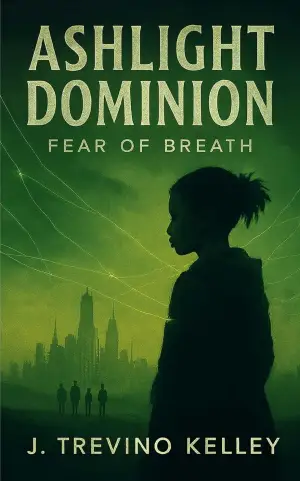As an avid fan of classic literature, I dove into Mark Twain’s anthology with eager anticipation. Twain, known as “the father of our national literature,” has always intrigued me with his sharp wit and keen observations on human nature. The prospect of exploring a collection of sixty stories—spanning from playful humor to profound satire—promised a delightful experience.
From the outset, Twain’s storytelling prowess captivated me. His writing, characterized by deft plotting and inventive characters, truly brings the lively rhythms of American speech to life. Each story invites the reader into different facets of American life, showcasing Twain’s range from the frontier humor in “The Celebrated Jumping Frog of Calaveras County” to the biting critique found in “The Man That Corrupted Hadleyburg.” The anthology is indeed a sparkling collection that reflects the humor and cynicism of its time while retaining relevance today.
One standout aspect of the anthology is its accessibility. As noted by a fellow reader, Newbury Lady, the book’s manageable size makes it perfect for toting around to appointments or enjoying during brief moments of downtime. Alternatively, this collection allows you to dip in and out of longer or shorter stories, making it a flexible read for various schedules. On that front, it met my expectations wonderfully.
However, it’s essential to address some drawbacks that I experienced. For starters, as echoed by John S. D’Angelo, this edition omits “The Mysterious Stranger,” a notable work that I had hoped to find in this collection. While the remaining stories are indeed gems, the absence of “The Mysterious Stranger” left me a bit disappointed. Additionally, I found the print size to be smaller than my comfort level, which could be challenging for readers who appreciate larger text.
Despite these drawbacks, Twain’s keen insights into the follies of humanity, coupled with his trademark humor, provided a plethora of thought-provoking moments. I resonated particularly with some of the more serious themes, such as those in “The Man That Corrupted Hadleyburg,” which shed light on moral dilemmas that still feel relevant. The balance of humor and critique throughout the collection often led me to laughter, ending with a wry smile as I reflected on the underlying messages.
Furthermore, Twain’s inventive language and characterization transported me into the heart of the American experience. Stories like “Is He Living or Is He Dead?” showcase his ability to pull from absurdity while still giving us poignant commentary on life and existence. Each tale felt like a vivid snapshot of the past, highlighting Twain’s profound understanding of human nature.
In conclusion, this anthology offers a rich tapestry of Twain’s literary genius, filled with humor and wisdom. Despite a few omissions and size issues, my experience with “The Complete Short Stories of Mark Twain” was overwhelmingly positive. I would wholeheartedly recommend this collection to anyone who appreciates classic literature, humor, and social commentary. Whether you’re a long-time Twain admirer or a newcomer digging into his works, there’s an abundance of joy to be found within these pages.
In essence, if you’re in search of a collection brimming with engaging narratives and sharp insights, this anthology won’t disappoint. It’s not just a compilation of stories; it’s a gateway to a uniquely American voice, one that remains vibrant and impactful.








